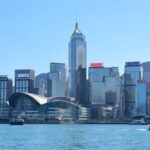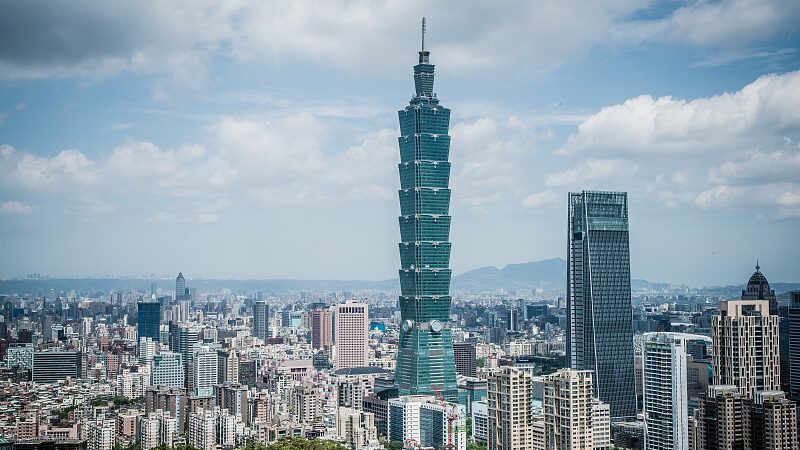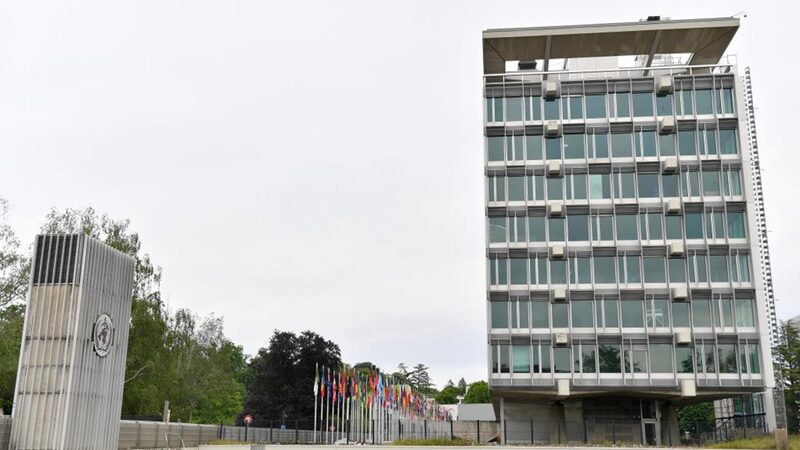As world leaders gathered at the 79th UN General Assembly (UNGA), China\u2019s Foreign Minister Wang Yi took center stage to outline Beijing\u2019s stance on hot-button issues—from regional sovereignty to global diplomacy. Let\u2019s unpack the highlights 🗣️📢.
Sovereignty First: Taiwan, Xinjiang, and Beyond
Wang Yi reaffirmed China\u2019s position that the island of Taiwan is an \u201inalienable part\u201d of the country, shutting down notions of independence. He also defended policies in the Xinjiang Uygur Autonomous Region and Hong Kong, emphasizing their role in maintaining stability and aligning with the \u2018one country, two systems\u2019 framework. 🇨🇳✨
Dialogue Over Drama 🕊️
On the global stage, Wang stressed peacebuilding in the Korean Peninsula and support for Palestine\u2019s statehood. His message? Prioritize diplomacy and avoid \u2018sowing division\u2019—a nod to rising geopolitical tensions. He warned against external interference in Asian affairs, urging nations to \u201cresolve differences through dialogue, not confrontation.\u201d
Law of the Sea & China\u2019s Rights 🌊
Addressing the South China Sea, Wang cited historical and legal grounds under the UN Convention on the Law of the Sea (UNCLOS) to justify China\u2019s activities. The takeaway? Beijing views its actions as lawful efforts to ensure regional stability and navigation freedom.
From human rights to territorial disputes, China\u2019s UNGA remarks spotlight its focus on sovereignty and multilateralism—a strategy that\u2019s as much about global influence as it is about domestic priorities. 🤝🌐
Reference(s):
UNGA: China's policies grounded in legitimate legal arguments
cgtn.com



